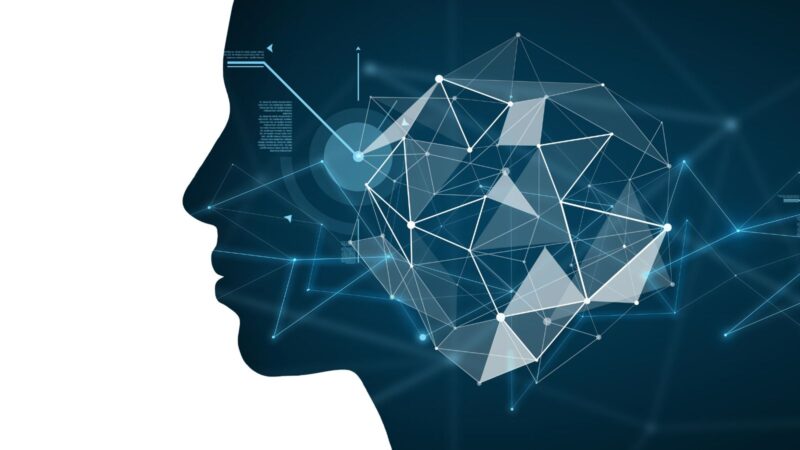
The rapid advancement of artificial intelligence has transformed various industries, including digital image processing. Undress AI pushes the boundaries of AI-driven photo manipulation, allowing users to alter images in ways that were once only possible through professional editing software. However, as AI-generated image modification tools become more sophisticated, they also raise significant ethical concerns regarding privacy, consent, and misinformation.
In this article, we explore the ethical implications of AI-driven image modifications, examining both the potential benefits and the risks associated with these tools.
Understanding AI-Generated Image Modifications
AI-generated image modification involves using artificial intelligence to manipulate or alter digital images. These modifications can range from simple enhancements, such as improving photo quality or removing background elements, to more complex changes like facial alterations, deepfakes, and even clothing removal.
Undress AI is an example of how AI technology is being used to automate the process of image transformation. By leveraging deep learning, the tool analyzes visual data and generates highly realistic modifications with minimal user input.
While these advancements in AI offer creative possibilities for photography, digital art, and entertainment, they also introduce ethical challenges that must be addressed.
The Ethical Concerns of AI-Generated Image Editing
1. Privacy and Consent Issues
One of the most significant ethical concerns surrounding AI-generated image modifications is the potential for privacy violations. AI tools can be used to alter images without the consent of the individuals depicted, leading to serious ethical and legal consequences.
- Unauthorized Alterations: Individuals may find their images edited in ways they did not approve of, raising concerns about consent.
- Potential for Harassment: AI-generated image modifications could be misused for non-consensual purposes, including deepfake content and cyber harassment.
- Data Security Risks: Many AI image generators require users to upload photos, which raises questions about how these images are stored and protected.
As AI capabilities grow, ensuring responsible use and enforcing stricter privacy protections will be crucial.
2. Misinformation and Digital Deception
AI-generated images can easily be manipulated to spread misinformation, making it difficult to distinguish between real and altered content. This poses a risk to both individuals and society at large.
- Deepfake Technology: AI tools can be used to create hyper-realistic images and videos that misrepresent reality, leading to fake news and fraudulent activities.
- Manipulation of Public Figures: Politicians, celebrities, and influencers are often targeted with AI-altered content that can damage reputations and manipulate public perception.
- Challenges in Content Moderation: Social media platforms and news outlets struggle to detect and prevent the spread of AI-generated misinformation. However, the integration of AI image detectors—tools specifically designed to identify manipulated or synthetic media—can enhance efforts to flag and filter deceptive content.
With tools liken undress ai image generator gaining popularity, there must be efforts to ensure that AI-generated content is used responsibly and ethically.
3. Psychological and Societal Impact
The increasing use of AI-modified images can have long-term psychological and societal effects, influencing how people perceive reality and themselves.
- Unrealistic Beauty Standards: AI-generated modifications can contribute to body image issues by promoting unattainable beauty ideals.
- Loss of Trust in Digital Media: As AI-generated images become more convincing, people may become skeptical of all digital content, leading to a decline in trust in online media.
- Impact on Creative Industries: While AI tools enable new forms of digital creativity, they also raise concerns about the authenticity of art and photography.
To mitigate these risks, users must be educated on how AI-generated modifications work and how to critically evaluate digital content.
The Legal and Regulatory Landscape
As AI-generated image tools continue to evolve, governments and tech companies are struggling to implement regulations that balance innovation with ethical concerns.
- Current Laws: Some countries have introduced laws against deepfake technology and non-consensual AI-generated content, but enforcement remains challenging.
- Industry Self-Regulation: Many AI companies are working on ethical AI guidelines and implementing safeguards to prevent misuse.
- Future Policies: There is an increasing push for stronger data protection laws and clearer guidelines on how AI-generated images can be used legally.
The Future of AI Image Editing and Responsible AI Use
While AI image modification offers many creative and practical benefits, its ethical implications cannot be ignored. Moving forward, several measures can help ensure responsible AI use:
- Transparency in AI Development: Companies should disclose how their AI models work and implement safeguards to prevent misuse.
- Watermarking AI-Generated Content: Clearly labeling AI-generated images can help users differentiate between real and altered content.
- User Education: Raising awareness about the ethical implications of AI image modification can encourage more responsible usage.
- Stronger Legal Frameworks: Governments must work closely with AI developers to establish clear guidelines and regulations for AI-generated content.
As AI technology advances, it is crucial to find a balance between innovation and ethical responsibility. AI tools should be used to enhance creativity and efficiency while protecting privacy, integrity, and consent.
Undressly.com is a tool that strives to provide users with an ethically-conscious platform, ensuring that AI-powered image transformations are developed and used responsibly. By prioritizing user privacy and maintaining ethical standards, Undressly aims to set a positive example in the evolving landscape of AI-driven content creation.




